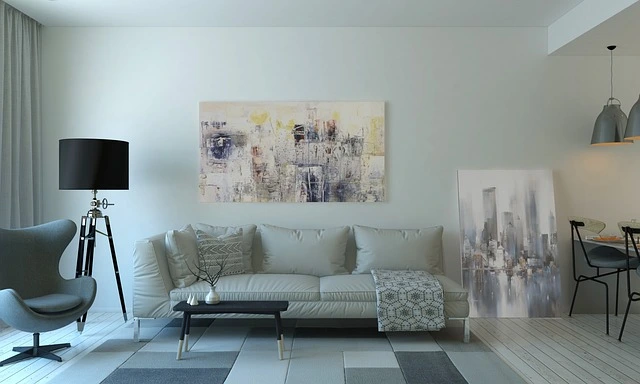Maximizing Deductions and Optimizing Financial Management in the Design Industry: Design Software Expenses and Design Consultation Fees
Interior design is a profession that focuses on creating attractive and functional spaces. And yet tax season can be quite unappealing to interior designers and decorators. This guide will provide you with a brief understanding of how to manage your taxes as they relate to your design business through the use of deductible design software expenses and design consultation fees.
Understanding Taxable Income:
Business Structure:
The type of business organization (sole proprietorship, LLC, or a corporation,) determines how the income and expenses of the business are reported on the tax return.
Revenue Streams:
The different sources of income that form part of taxable income include income received from design consultations, project fees, and commission received on the sale of furniture and accessories.
Maximizing Deductions through Design Software Expenses:
Essential Business Tools:
Computer-aided design (CAD) software is valuable for interior designers and decorators. The costs of acquiring or subscribing to design software can be claimed as business expenses.
Qualifying Software:
To claim a deduction for the software, it has to be used consistently for business purposes only. Examples of qualifying design software include:
- Computer-aided design (CAD) software: designing floor plans, drafting elevations; and producing 3D visualizations.
- Storyboard and pitch deck for designers to present their ideas to clients.
- Inventory management to keep track of furniture and accessory orders.
Subscription vs. Perpetual Licenses:
The IRS permits a deduction for the entire acquisition cost of the design software purchased on a perpetual license in the year of acquisition. But if you are paying subscription for a software you can deduct the monthly or annual subscription fees as ordinary and necessary business expenses.
Design Consultation Fees as Business Expenses:
Seeking Expert Advice:
There may be circumstances when you ought to seek advice from other design professionals (eg. mechanical and electrical engineers, lighting consultants) to complete the project. These services usually attract consultation fees which are often deductible as business expenses.
Maintaining Documentation:
You should ensure that you get invoices or receipts for the design consultation fees to prove your deductions during tax filing.
Additional Considerations:
Home Office Deduction:
You may have a section in your home where you can handle administrative issues related to your design business, (e.g. such as communication with clients, preparing project proposals, etc.). The home office deduction may be allowed if certain conditions are met. Please consult your tax advisor for specific details and deduction guidelines.
Continuing Education:
The cost of attending design conferences or workshops or getting professional certifications can also be written off as business expenses provided that they enhance your overall design knowledge.
Marketing and Advertising Costs:
Marketing campaign costs (advertising of design services – website and business cards; advertising in social networks) are usually tax-deductible expenses.
Travel Expenses:
The rules and regulations of the IRS allow you to claim travel expenses that you’d have accrued, for instance, in meeting your clients or visiting a site.
Contractor Payments:
Use form 1099 for payments you made to subcontractors and freelancers for their work if the payments are over $600 per year. Consequently, all these transactions are charged as expenses in business.
Implementing Effective Tax Planning:
Consulting a Tax Professional:
The tax codes can be tricky. It is also important to seek advice from a tax professional with expertise in the design industry. They will help you reduce taxes while better managing your business expenses and capitalizing on tax breaks specific to your industry according to the tax laws. Therefore, consider utilizing marketplaces like IfindTaxPro, you can post your project and find the right tax specialist for you.
Maintain Accurate Records:
Document every single business-related purchase and sale made. Also, keep an organized system for recording and organizing expenses throughout the year.
Plan for Quarterly Taxes:
If you work for yourself, you must file self-employment tax estimates. To avoid penalties, plan for these payments and keep up with tax payments.
Taxable income, design software treatment, and deductible design consultation fees will help interior designers and decorators easily address the upcoming tax season. It is therefore important to remember that you should seek the help of a tax professional to help you reduce your tax liability and ensure that your income can continue to support your success in the interior design business.








